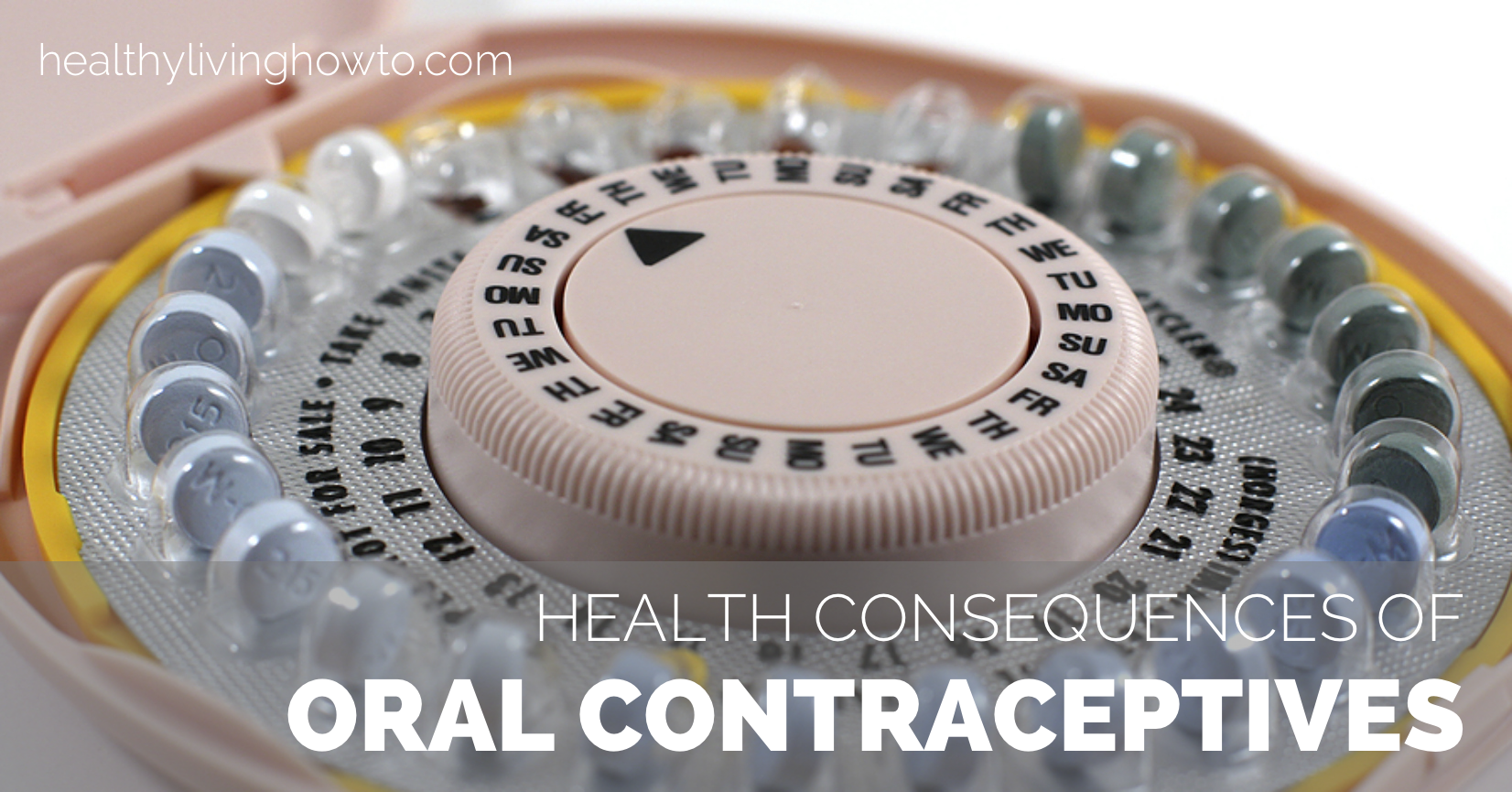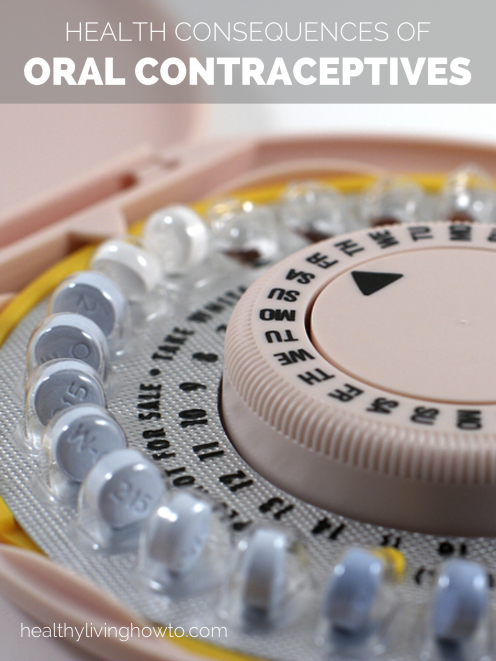The birth control pill (BCP) along with female sterilization has been the leading method of birth control since 1983. According to the CDC, 82% of women have used oral contraceptives, at some time in their lives. (Source) Unfortunately, oral contraceptive are not without health consequences.
Hormone Disadvantages
In her book, The Hormone Cure, Harvard-trained gynecologist, Dr. Sara Gottfried, lists some disadvantages of oral contraceptives, including:
- BCPs do not help with PMS and may make it worse. The exception is for those BCPs that contain drosperionone, a synthetic progestin. However drosperionone is related to a six- to sevenfold increase risk of blood clots.
- BCPs lower free thyroid hormones by increasing thyroglobulin, a protein that binds to thyroid hormone.
- BCPs raise sex hormone binding globulin, a protein that binds free testosterone and may make it biologically inert.
-
BCPs delay conception for many women as once the pill is stopped, return to normal ovulation is often slowed.
- BCPs may cause weight gain.
Nutrient Losses and Potential Health Problems
One of the lesser known side effects of oral contraceptives are nutrient depletions. These losses impact overall health and well-being.
| Folate | ♀ birth defects, cervical dysplasia, anemia, cardiovascular disease | ||
| Vitamin B1 | ♀ depression, irritability, memory loss, muscle weakness, edema | ||
| Vitamin B2 | ♀ problems with skin, eyes, mucous membranes and nerves | ||
| Vitamin B3 | ♀ cracked, scaly skin, swollen tongue, diarrhea | ||
| Vitamin B6 | ♀ depression, sleep disturbances, increased cardiovascular disease risk | ||
| Vitamin B12 | ♀ anemia, tiredness, weakness, increased cardiovascular disease risk | ||
| Vitamin C | ♀ lowered immune system, easy bruising, poor wound healing | ||
| Magnesium | ♀ cardiovascular problems, asthma, osteoporosis, cramps, PMS | ||
| Selenium | ♀ lower immunity, reduced antioxidant protection | ||
| Zinc | ♀ weak immunity, slow wound healing, sexual dysfunction |
Table Source: Prescription & Non-Prescription Nutrient Depletions, James LaValle, R.Ph, ND, CCN
Bottom Line
Oral contraceptives are not without unhealthy side effects. If after weighing out the pros and cons, you decide to take the pill, in addition to eating a nutrient-dense diet, replacing the loss of nutrients through a high-quality multi-vitamin is advisable. When shopping for a multi-vitamin, look for one that has natural folate, labeled as 5-methyltetrahydrofolate or metafolin and not folic acid. A significant percentage of the population is unable to convert synthetic folic acid into folate, which is what the body needs. Also look for B12 labeled as methylcobalamin and not cyancobalamin, as it is not absorbed as well. While most multi-vitamins have magnesium added, the population as a whole does not get enough. Adding a magnesium supplement is wise as well.
For More Information
I recently uncovered a fabulous resource written by Ross Pelton, RPh, CCN titled The Pill Problem. It is a must read for any woman who is taking or has taken oral contraceptives.
“Oral contraceptives cause a depletion of a wide range of vitamins, minerals, amino acids, neurotransmitters and antioxidants in women’s bodies. These nutrient depletions increase the risk of depression, sleep disorders, anemia, low energy, migraine headaches, heart attacks, strokes, blood clots, diabetes, a weakened immune system, giving birth to an infant with birth defects, and cancers in the uterus, colon and breast. That’s a quite list of health problems to be concerned about.”

